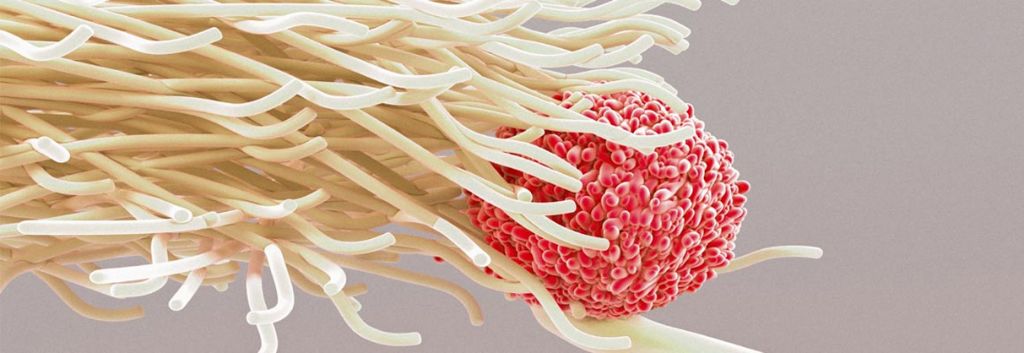Apitope’s pre-clinical candidate ATX-F8-117 has been granted Orphan Drug Status by the US FDA for the treatment of Haemophilia A. The drug candidate already obtained an Orphan Drug Designation by the European Medical Agency last year. The compound also awakened the interest of Abzena, which works with Apitope to design the candidate.
Haemophilia A is a rare chronic bleeding disorder which leads to inadequate clotting of the blood in response to any type of injury or surgery. The mainstay of this disease’s treatment is the life-long replacement therapy with synthetic blood-clotting factor (FVIII) in order to achieve haemostasis, using either plasma derived or recombinant FVIII products.
The most challenging complication of the therapy resides in the capacity of patients’ immune systems to develop anti-FVIII neutralising antibodies. These antibodies block the pro-coagulant function of FVIII and are therefore termed inhibitors. The development of such inhibitors sharply decreases the efficacy of the FVIII treatment, which can have severe consequences, including joint damage, brain damage and, ultimately, death. There are currently no treatments available to prevent or treat the development of neutralizing antibodies.
In this context, Apitope is developing ATX-F8-117, a peptide with the potential to treat and prevent the formation of FVIII inhibitors by nearly 96%.
Abzena’s Antitope is specialized in designing and humanizing antibodies. This expertise is definitely a good help for the Belgian firm, which is being provided with analytical support since the start of the collaboration last month. Both, the collaboration and the Orphan drug designations emphasize the need for an effective treatment in this field.





